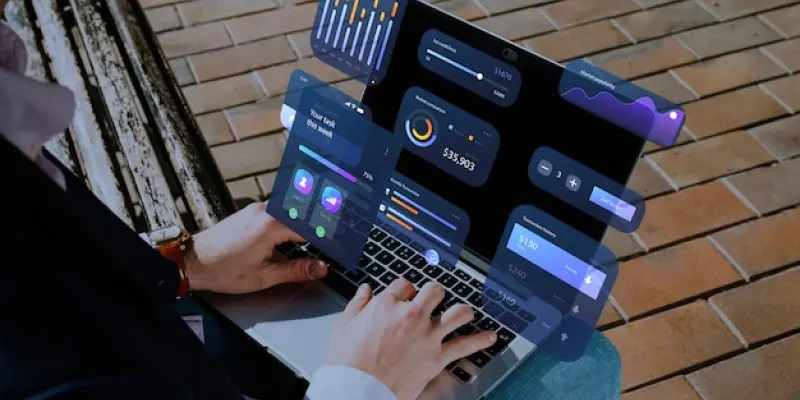TG Lab has partnered with Xtremepush to integrate their AI-driven CRM and loyalty marketing technology into TG Lab’s omnichannel iGaming platform. This collaboration aims to streamline access for operators worldwide, focusing on markets in Latin America and Brazil. Major partners of TG Lab, including Stake, Betsson, and Belgium’s Loterie Nationale, will benefit from Xtremepush’s solution that enhances player engagement with real-time data analytics, targeted messaging, and personalized promotional campaigns. The technology also includes gamification and free-to-play experiences, supported by advanced customer segmentation through a real-time Customer Data Platform (CDP).
TG Lab’s platform, already known for its modular full-stack system encompassing player account management, payment solutions, and engagement tools, will be further enhanced by this integration. The partnership with Xtremepush strives to deliver personalized experiences across multiple channels. This integration aligns with Xtremepush’s existing partnerships with regional operators such as Superbet, Betsul, Vibra Gaming, and NGX, reinforcing its role in scalable engagement strategies for iGaming businesses in both regulated and emerging markets.
Robbie Sexton, Director of Partnerships & iGaming at Xtremepush, highlighted the partnership’s potential to elevate customer experiences through localized, personalized, and timely interactions. Dainius Narmontas, COO at TG Lab, emphasized the commitment to partner growth and success, noting the significant boost for acquisition and retention strategies for both TG Lab and its operators.
In summary, integrating Xtremepush’s CRM technology into TG Lab’s platform aims to offer operators advanced tools for enhanced player engagement, positioning both companies for growth in a competitive market.

